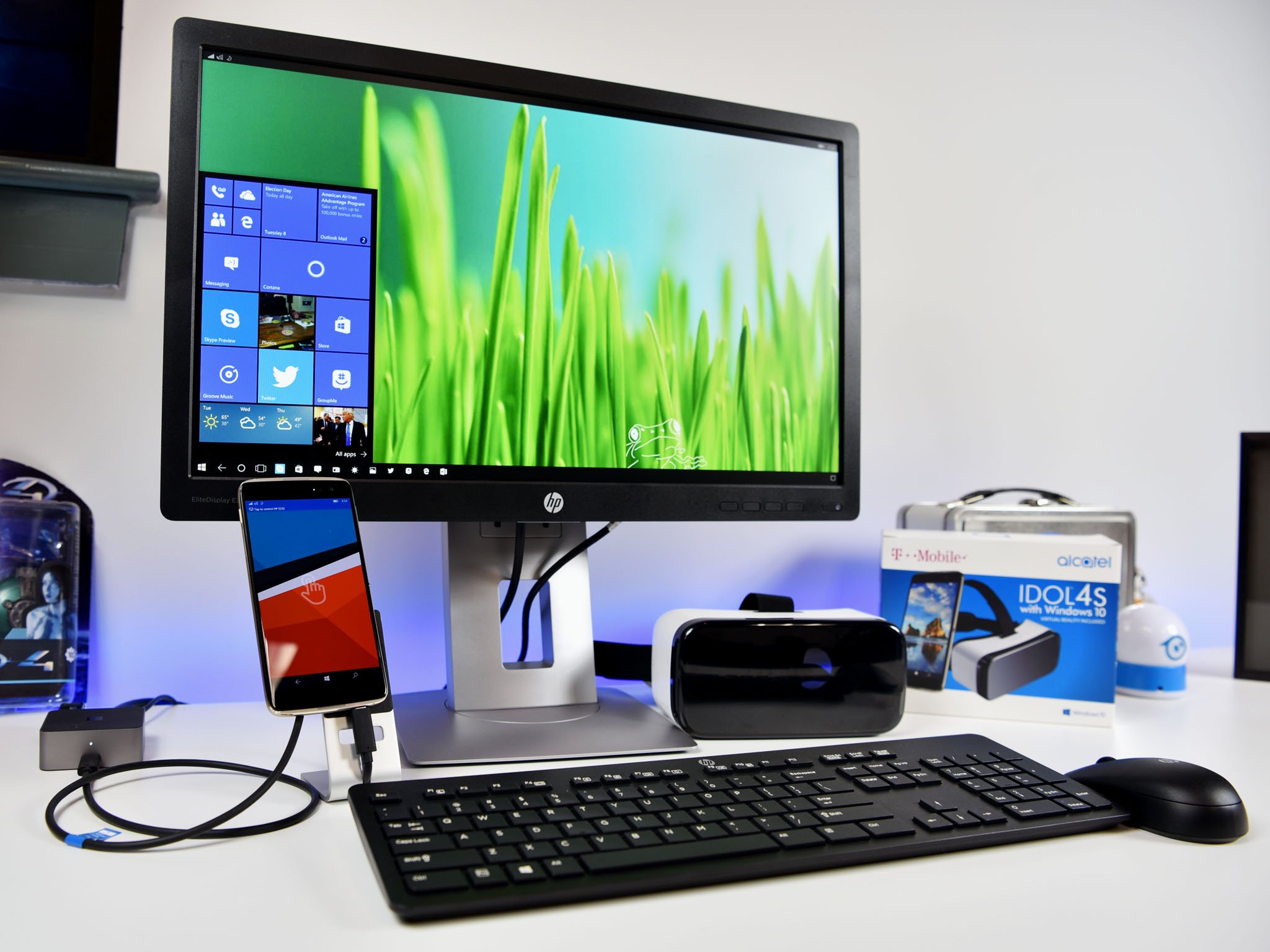From his editorial:
Microsoft would have to spend an enormous amount of time, money, and energy to make full-blown Windows 11 work on mobile devices. Why would Microsoft go through that hassle for such a small group of people? Even when Microsoft invested in Windows Phone, the platform lagged behind iOS and Android in terms of popularity. I can't imagine a Windows 11 phone would be more popular than anything from the peak days of Lumia.
If Microsoft managed to make Windows 11 feel natural on phones, the platform would still lack critical apps. Yes, Microsoft has worked hard to close the app gap, but many of those efforts were aimed at PCs, such as the Microsoft Store supporting unpackaged apps. Progressive Web Apps are more mature than they were when Windows 10 Mobile was killed off, but they don't close all of the holes.
Windows wouldn't work on a phone in its current state, but a mobile phone could power Windows.
Do read the whole piece, including the comments, as there are ideas aplenty.
Ultimately, despite being a fan of Continuum back in the day and DeX now, even lapdock direct connections, I have to confess that my interest is mainly academic - despite owning several USB 3 hubs and lapdocks, I never actually use them in anger. My laptops remain most useful and powerful running desktop OS, so Mac OS and full Windows 10.
While my smartphones remain phones, even hyper-flexible ones such as the Surface Duo 2. Yes, the phones can do more and more as time goes on, displacing some functions that used to be easier on the desktop. But the idea of forcing the phone to BE a desktop, while technically cool, rarely works well in practice.
And as Sean indicates, the complexities (mainly in software) that would arise in creating a working dual-boot smartphone put the idea far from the mainstream.
Surprisingly, the solution that's proven to work best of all is Microsoft's Your Phone system, now fully integrated at the app level into hundreds of millions of Samsung smartphones (plus Microsoft's own Surface Duos), and integrated at the useful messaging and telephony level into any Android phone at the install of an application from the Play Store.
With Your Phone running on your Windows laptop, for example, you can wield calls and messages from your full laptop hardware, copy content, and even run specific phone-only applications. Almost the best of both worlds, I'd argue. And an approach I'm going to be revisiting over the next month.*
* if we can sort out the broken Feature publishing!

